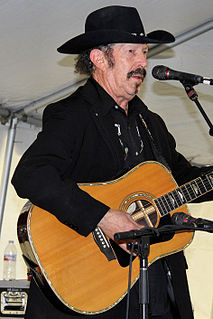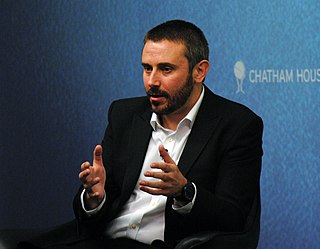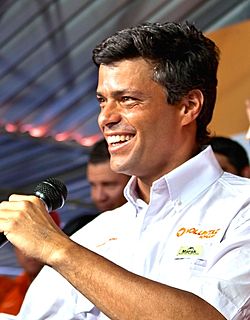A Quote by Marian Wright Edelman
If we think we have ours and don't owe any time or money or effort to help those left behind, then we are a part of the problem rather than the solution to the fraying social fabric that threatens all Americans.
Related Quotes
Some people seem to believe that for each problem there is a solution readily available - a solution that can be promptly achieved by passing a law and voting some money. I think of this as the vending machine concept of social change. Put a coin in the machine and out comes a piece of candy. If there is a social problem, pass a law and out comes a solution.
By seeing the otherness in that which is most unfamiliar, we can learn to see it too in that which at first seemed merely ordinary. If wilderness can do this - if it can help us perceive and respect a nature we had forgotten to recognize as natural - then it will become part of the solution to our environmental dilemmas rather than part of the problem.
I find focusing clearly on the problem is the first step to seeing a solution. The problem is (a) the insane amount of time spent raising money from (b) a freakishly tiny proportion of America. Basically .05% are the "relevant funders" of campaigns, meaning candidates can't help but be overly sensitive to the views of that tiny fraction relative to the rest of us. IF that's the problem, THEN the solution is to spread the funders out: to increase the range of us who are the relevant funders of elections, through schemes like vouchers or coupons given to every voter.
In my country, families are raised as though they are one. Although I am from the Dinka tribe, my parents didn't raise us as the Dinka tribe. They raised us as the Wek family, in the way they believed their children should grow up. So when you leave, the first thing you think is the ones you left behind. It's natural to help them in any way you can. I found a way to support myself rather than asking my Mum to give me money. I would work before school and send money back to pay for their rent and food.
we should reject the attempt to divert the national conversation away from soaring inequality toward the alleged moral failings of those Americans being left behind. Traditional values aren't as crucial as social conservatives would have you believe ? and, in any case, the social changes taking place in America's working class are overwhelmingly the consequence of sharply rising inequality, not its cause.
The zooming wealth of the top 1 percent is a problem, but it's not nearly as big a problem as the tens of millions of Americans who have dropped out of high school or college. It's not nearly as big a problem as the 40 percent of children who are born out of wedlock. It's not nearly as big a problem as the nation's stagnant human capital, its stagnant social mobility and the disorganized social fabric for the bottom 50 percent.
But I'd rather help than watch. I'd rather have a heart than a mind. I'd rather expose too much than too little. I'd rather say hello to strangers than be afraid of them. I would rather know all this about myself than have more money than I need. I'd rather have something to love than a way to impress you.





































